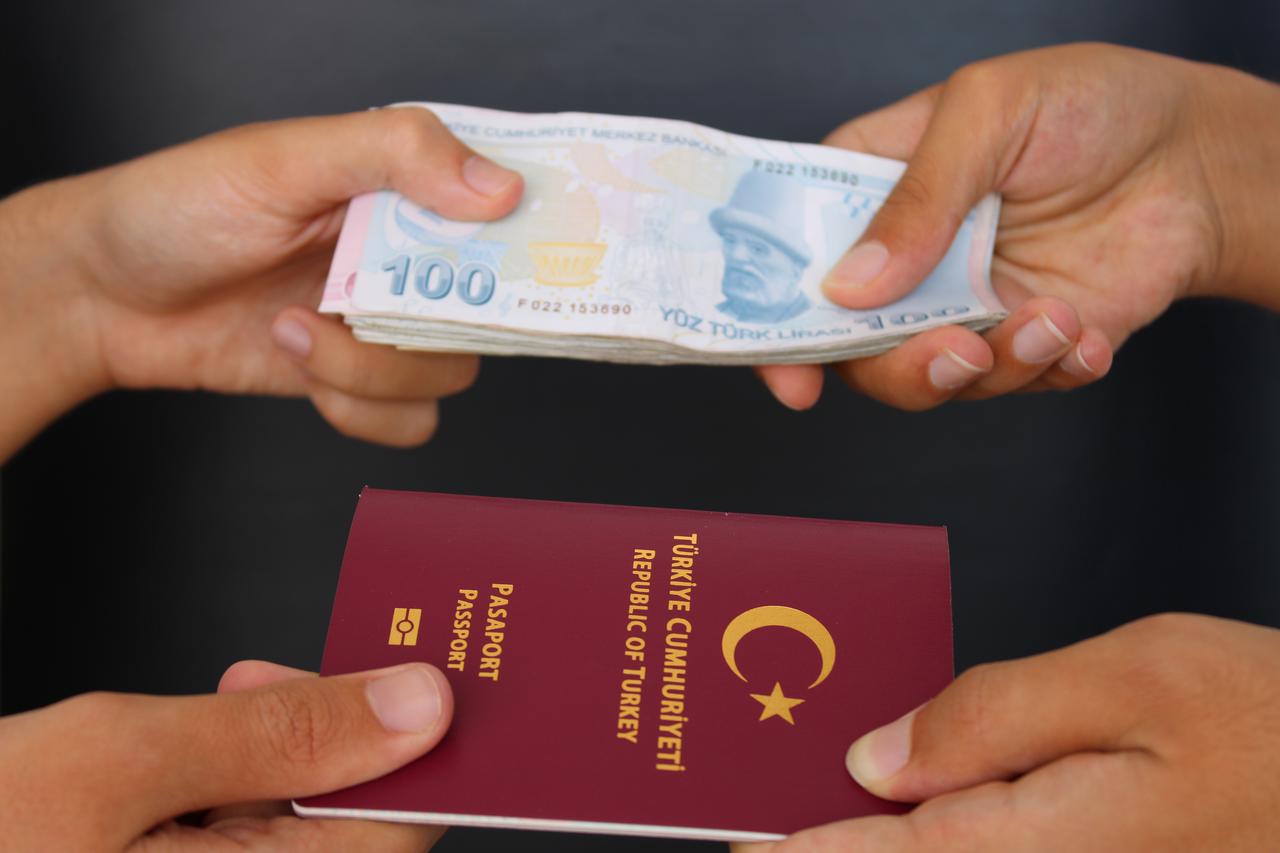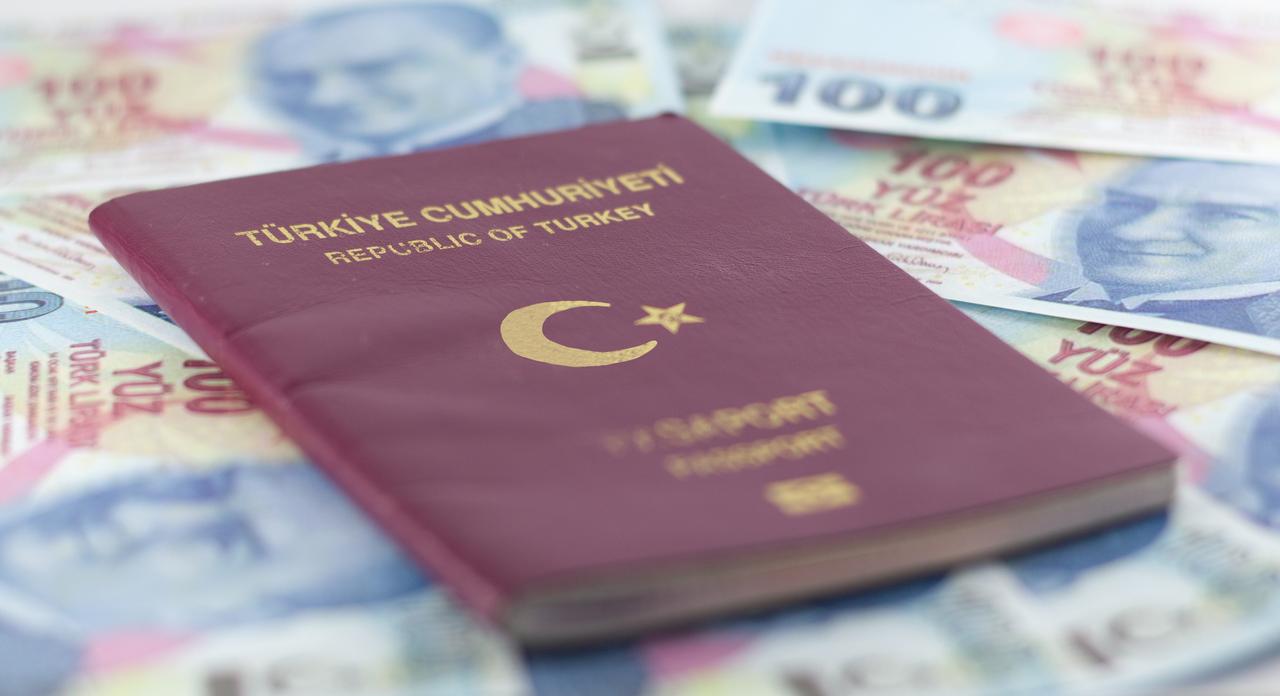
A total of 86 foreign nationals have been granted Turkish citizenship through the individual pension system by making qualifying investments exceeding ₺1.4 billion ($35.23 million), official data showed.
According to newly released data from Türkiye’s Pension Monitoring Center, the accumulated pension fund assets of these individuals reached ₺1.93 billion as of May 2025.
The legal framework allowing foreign nationals to acquire Turkish citizenship through the private pension scheme was established in 2022. Under the regulation, foreign investors who bring in at least $500,000—or the equivalent amount in foreign currency—into the private pension system and commit to maintaining their investment for at least three years are eligible to apply for Turkish citizenship.
These individuals are required to open a new pension contract that includes the word “citizenship” in its title, ensuring that their participation meets the specific criteria set out for naturalization purposes.

However, in Türkiye, regular Individual Pension System participants typically benefit from a state subsidy, which acts as an incentive to encourage long-term savings. Under the citizenship scheme, foreign contributors are not eligible for this state match. This condition stems from the fact that they are not Turkish citizens at the time of their initial investment and contract formation.
As a result, these participants forgo a significant financial advantage—up to 30% of their annual contributions, which could otherwise enhance the overall value of their pension funds over time.

As of June 19, 2025, Türkiye’s Individual Pension System has reached nearly 9.8 million participants, with total fund assets amounting to ₺1.42 trillion.
In addition to the Individual Pension System, the Automatic Enrollment System—which automatically includes eligible employees in private pension plans—has enrolled over 7.6 million participants, with total managed funds exceeding ₺101.3 billion.
While Individual Pension System participants who are Turkish citizens benefit from a state contribution designed to boost retirement savings, foreign nationals participating through the citizenship track do not receive this match, potentially reducing their long-term returns despite the high entry threshold.